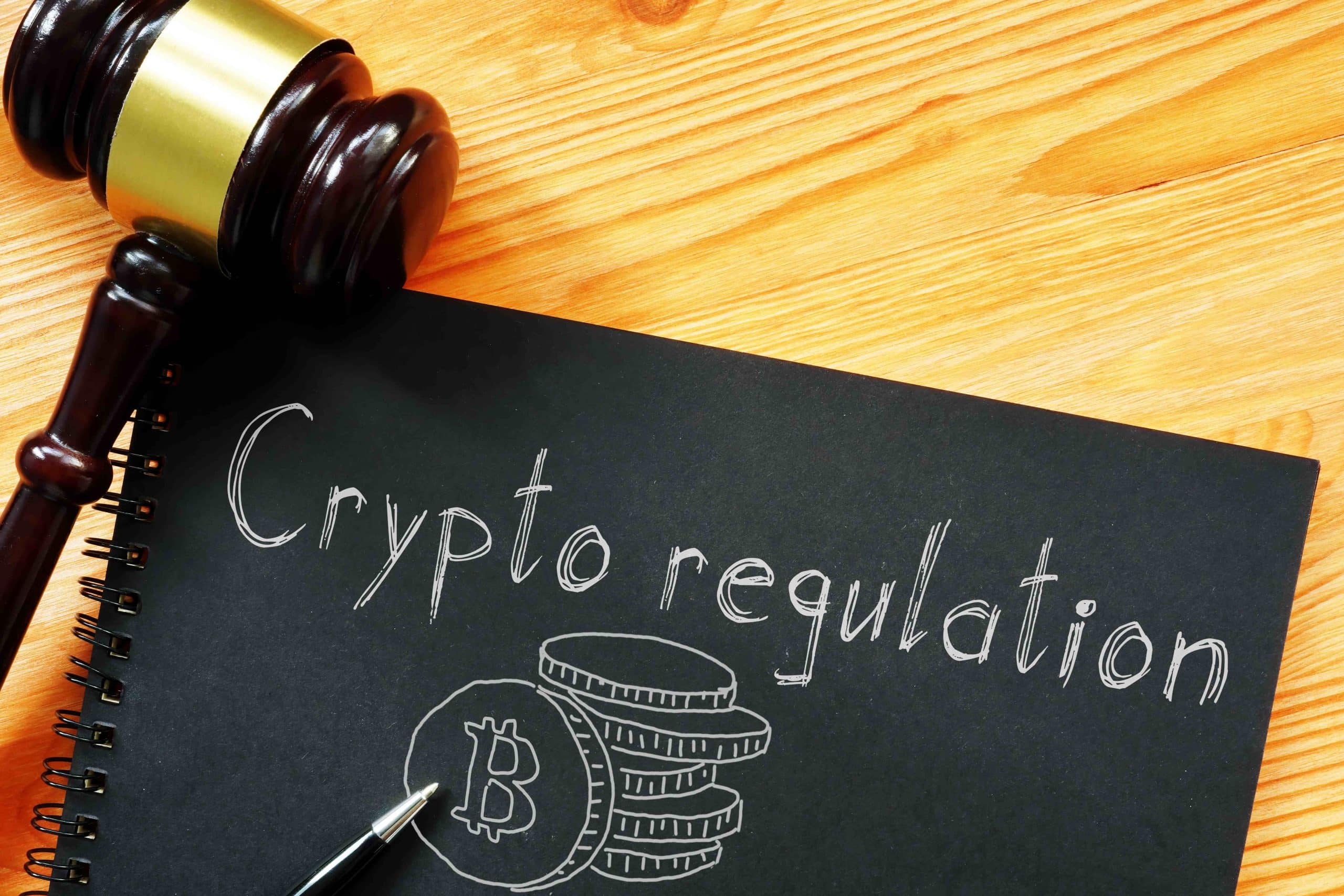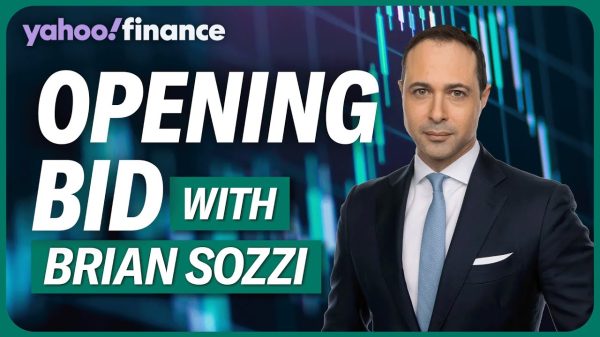The cryptocurrency industry increasingly finds itself under the purview of regulators striving to balance innovation with consumer protection and financial stability, as crypto regulation evolves worldwide.
In just the past seven days, U.S. regulators and lawmakers made substantial moves that could have resounding impacts on the crypto industry.
The U.S. Treasury’s Financial Crimes Enforcement Network (FinCEN) proposed rules to regulate cryptocurrency mixing services, which can enable money laundering.
Meanwhile, Republican legislators pushed back against crypto accounting guidance from the U.S. Securities and Exchange Commission (SEC).
The SEC also filed fraud charges against executives of SafeMoon, a major cryptocurrency token, accusing them of misleading investors — the latest strike in the agency’s crackdown on crypto misconduct.
On a more positive note, Coinbase launched regulated, leveraged crypto futures trading for U.S. clients, aligning with the industry’s broader regulatory compliance efforts.
With crypto regulation remaining very much in flux, this column will break down key developments in clear, impartial language to foster understanding. The coming installments will continue tracing this rapidly shifting terrain.
FinCEN Targets Money Laundering in Crypto Mixing
The U.S. Treasury’s Financial Crimes Enforcement Network (FinCEN) put forth a regulatory proposal last week to bring convertible virtual currencies (CVCs) under existing anti-money laundering regulations.
The move targets cryptocurrency mixing services, also known as tumblers, which are used to obscure the trail of crypto transactions. FinCEN views these services as a means for potential money laundering.
BREAKING – 🚨 FinCEN Seeking to Impose Strict Surveillance onto a Broadly Defined Class of ‘Bitcoin Mixers’ 👀
– FinCEN emphasizes that CVC mixing does not fully rely on the use of CVC mixers and include the following methods 👇 pic.twitter.com/UXHyHddPK0
— . (@imnortals) November 5, 2023
Mixing services can combine legitimately obtained crypto funds with illicit ones, masking the source of illegal funds. FinCEN sees the anonymity enabled by mixers as a regulatory gap that must be closed.
While initial details of the proposal were sparse, it has since become clear that FinCEN’s goal is to limit the use of mixing services for illicit purposes.
The key components of the proposal include registration requirements, record-keeping and reporting, implementation of AML programs, suspicious activity reporting, and implementation of KYC procedures. These measures intend to improve transparency, enable regulatory oversight, and ensure mixing services cannot be used to facilitate money laundering with impunity.
The Implications for Cryptocurrency Anonymity
If implemented as expected, FinCEN’s proposal could greatly reduce the anonymity of crypto transactions by restricting mixing services. While this would enhance regulatory oversight, it would also likely infringe on user privacy.
There is an inherent tension between enabling regulatory compliance, especially around anti-money laundering laws, and preserving the privacy benefits of decentralized blockchain networks.
From a technical perspective, imposing controls on mixing services may prove challenging given the global, decentralized nature of cryptocurrencies. While regulation may limit mixing through registered entities, crypto transactions can still be mixed via network protocols. Implementing this proposal would require complex international coordination.
GAO Challenges SEC’s Process on Crypto Guidance
The Government Accountability Office (GAO) recently critiqued the SEC‘s procedural handling of a crypto accounting bulletin.
The rule in question, Staff Accounting Bulletin 121 (SAB 121), provides guidance on balance sheet accounting for custodial crypto asset holders. By treating crypto assets like company assets, SAB 121 imposes a heavy capital burden on custodians.
This is huge.
The GAO reviewed SAB 121, an illogical anti-crypto accounting bulletin issued by the SEC last March, and found that it’s a “rule” under the CRA and APA.
The SEC didn’t comply with either.
This is a clear statement from a federal agency that the SEC broke the law. https://t.co/brglK3sm8S
— Jake Chervinsky (@jchervinsky) October 31, 2023
Critics like the GAO argue this rule essentially serves as a new regulation but was not subjected to requisite processes like congressional review. Hence, the heavy-handed guidance overstepped the SEC’s authority. Lawmakers can now leverage the GAO report in their push to overturn SAB 121.
SEC’s Crackdown on SafeMoon
Last week, the SEC leveled fraud charges against SafeMoon founders for allegedly misleading investors and manipulating markets.
The SEC accused executives of falsely portraying SafeMoon’s prospects while artificially inflating its price, fleecing investors.
This high-profile indictment aligns with the SEC’s broader effort to prosecute crypto securities violations and protect investors. The agency seems intent on cracking down on perceived market manipulation and fraudulent behavior in cryptocurrencies.
By making an example of SafeMoon, the SEC sent a strong warning to the industry about the legal risks of market manipulation. Its willingness to prosecute cryptocurrency and blockchain companies associated with once high-flying crypto tokens demonstrates an assertive posture of policing fraud.
Coinbase Embraces Regulated Futures Trading
Major U.S. crypto exchange Coinbase recently launched regulated, leveraged futures contracts for Bitcoin and ethereum. Offered through Coinbase’s regulated subsidiary Coinbase Financial Markets, this move provides retail traders with sophisticated trading options that exist under federal oversight.
The futures contracts allow leverage and hedging strategies typically absent in crypto spot markets. Coinbase’s operation under CFM was authorized by regulators in August, reflecting the broader push toward compliance and investor protections. By integrating futures trading into a federally regulated entity, Coinbase seeks to lend legitimacy to crypto derivatives.
This launch could have ripple effects on mainstream adoption, as it ties cryptocurrencies closer to conventional finance. Regulated futures may increase institutional engagement and pave the way for a crypto ETF product. For retail investors, low minimums reduce barriers to sophisticated trading.
Ongoing Uncertainty in Crypto Regulation Continues to Plague the U.S. Market
While major stories captured headlines, the past week saw continued uncertainty around crypto regulation in the U.S. Despite high expectations post-FTX trials, federal guidelines remain lacking. Regulators underscored the need for clear rules, yet progress stalled. This regulatory limbo could see states take the initiative with more permissive regimes.
RT @IMFNews
Recent turmoil in crypto shows why global regulators must act fast to stem risk. Stronger financial regulation and supervision, and new global standards, can help. See our new blog for more. https://t.co/MlVFrApHJv pic.twitter.com/ATssCkROBb— Mixed Intelligence (@MixIntelligence) November 7, 2023
The bankruptcy plan approval for the crypto exchange Bittrex highlighted this regulatory uncertainty. Bittrex is liquidating and closing U.S. operations after SEC charges of acting as an unregistered exchange, exemplifying the harsh impact of piecemeal oversight.
Seeking refuge from regulatory scrutiny, exchanges like Bittrex may increasingly wrap up U.S. activities and focus abroad, basically stifling innovation in the U.S.
As blockchain and crypto integration into mainstream finance accelerates, this past week highlighted the tensions arising from obsolete regulatory frameworks. While regulators seem determined to avoid a crypto winter repeat, actions like the mixer proposal and SafeMoon charges underscore the need for judicious oversight balanced with enabling innovation.
Rather than an end, thoughtful crypto regulation should be a means to safely realize the potential of decentralized technologies to expand access to and transform financial services for the better. Collaborative policymaking that draws on stakeholder expertise could bridge old rules with new technologies while national coordination could prevent fragmentation across jurisdictions.
Read the full article here













